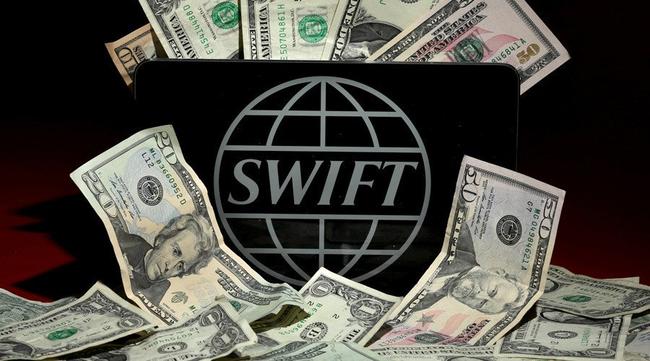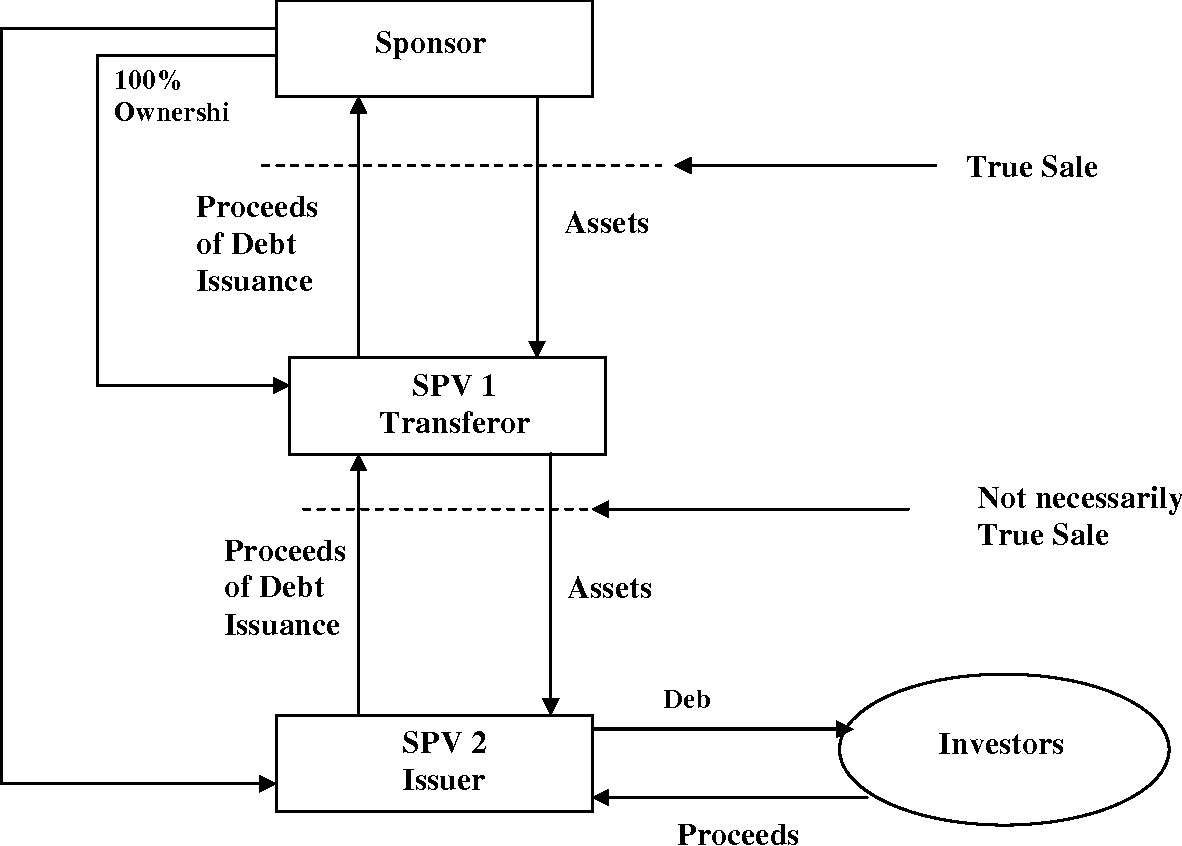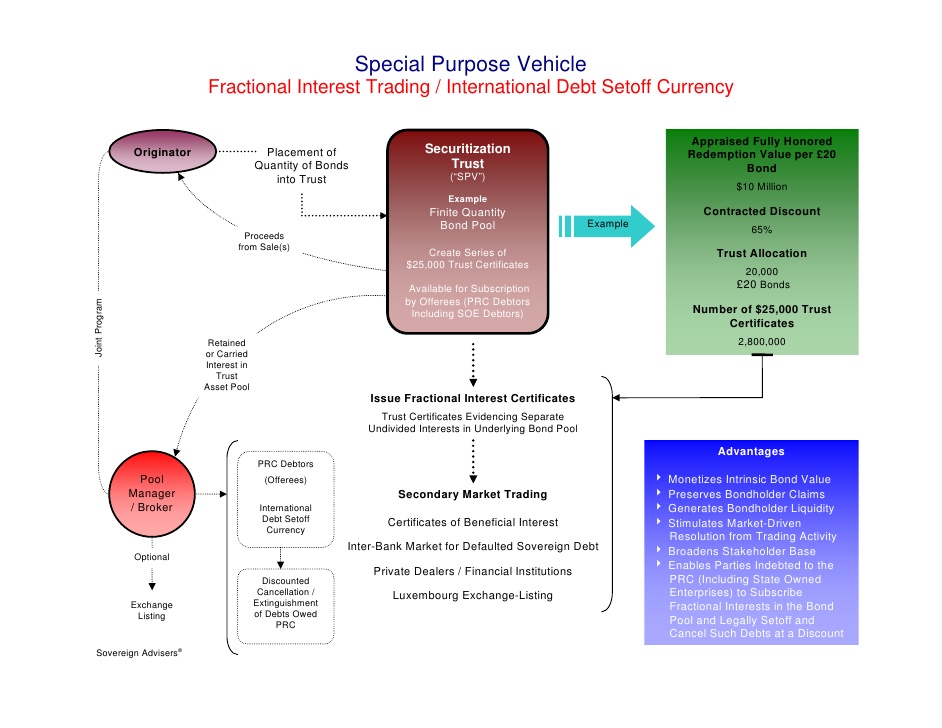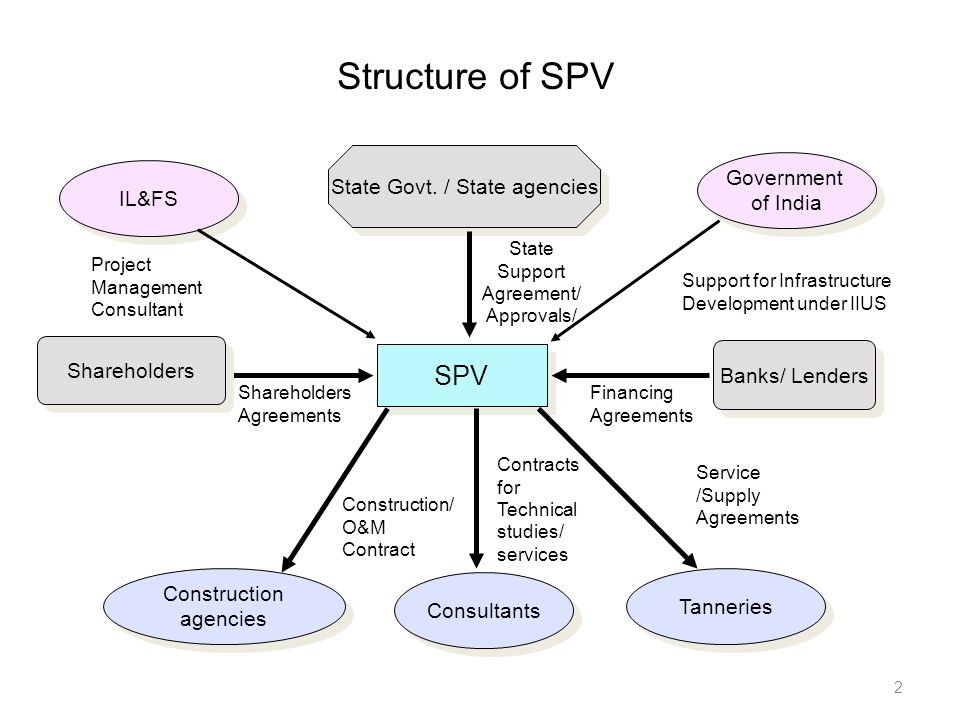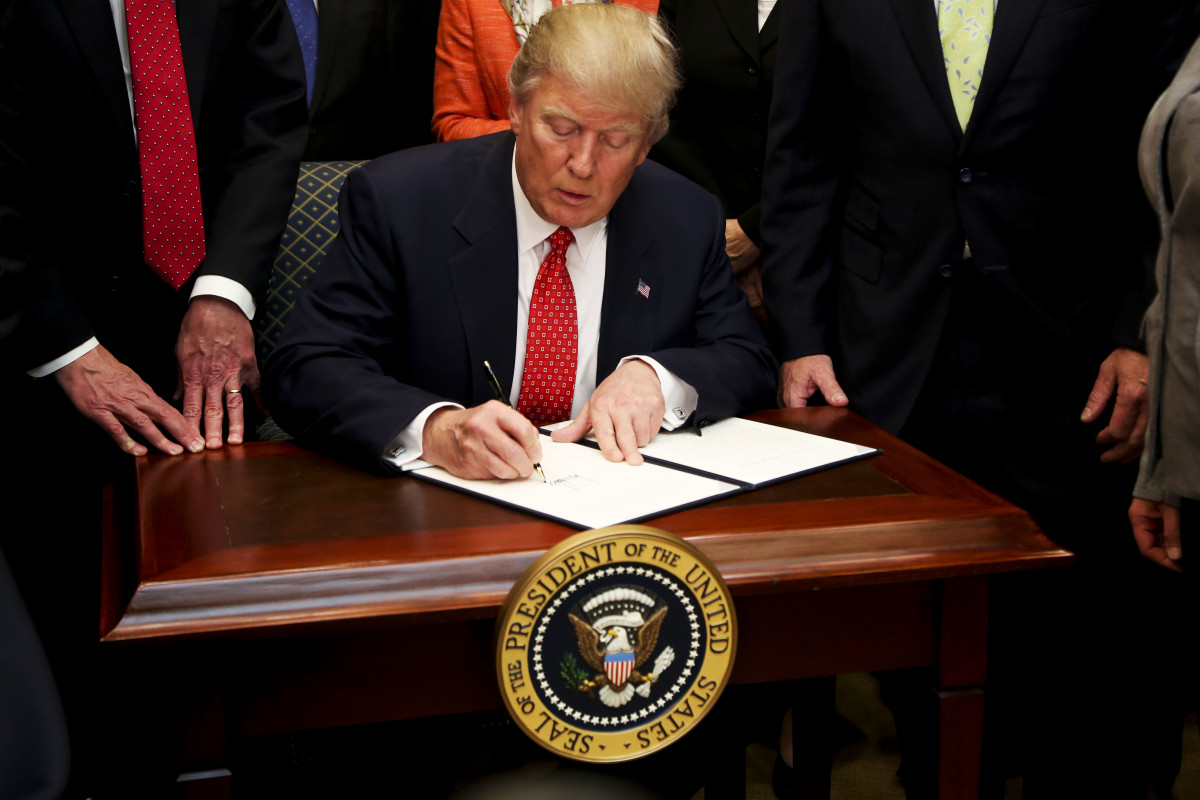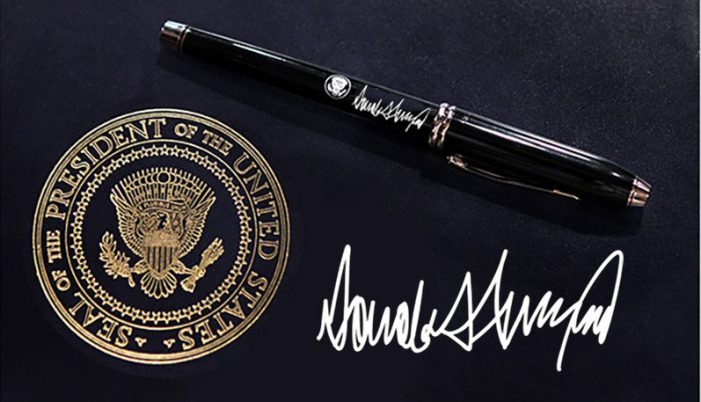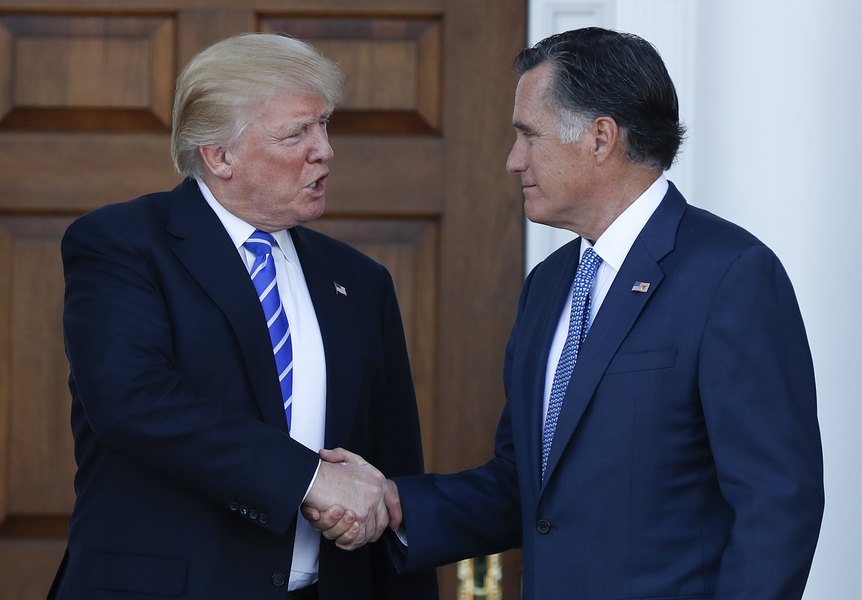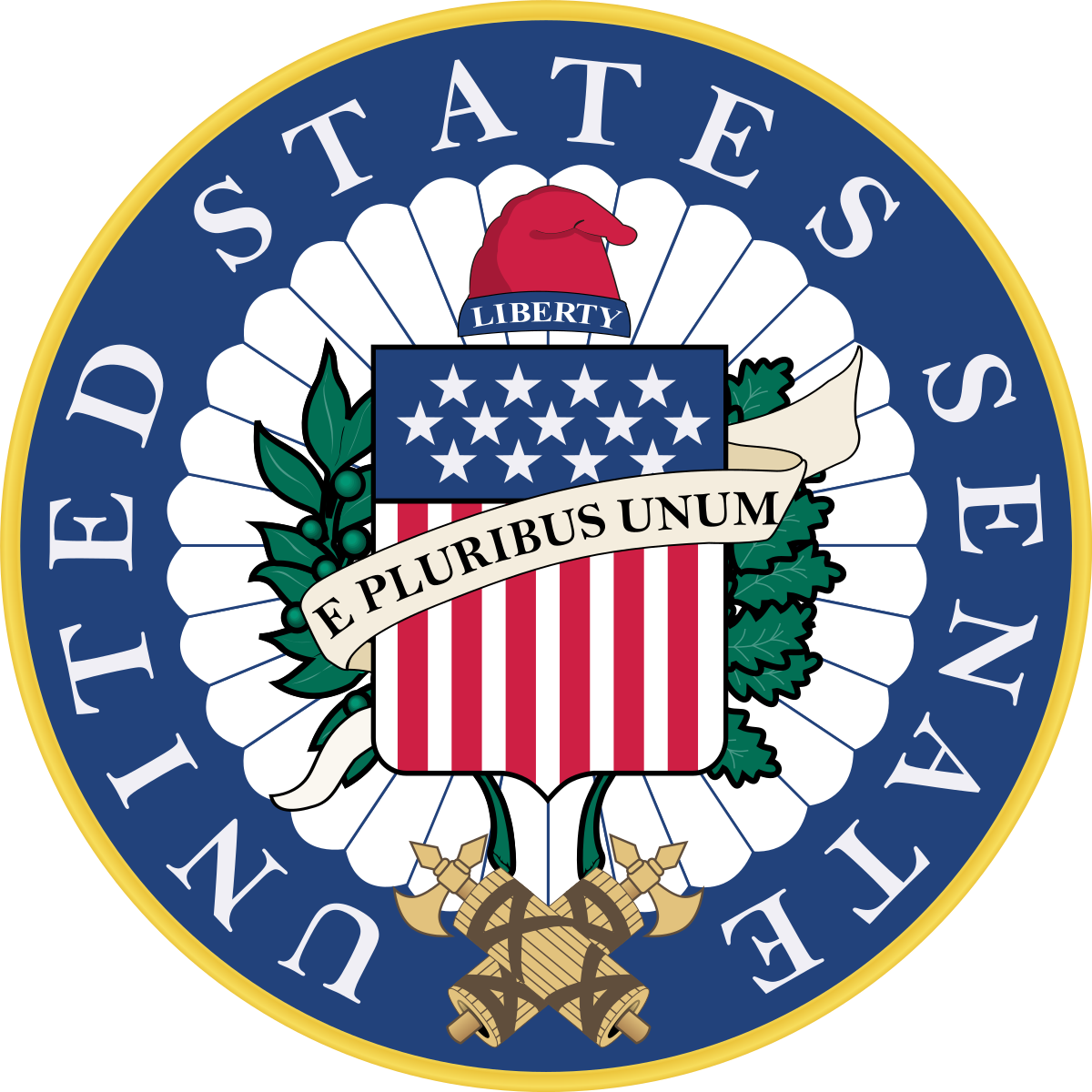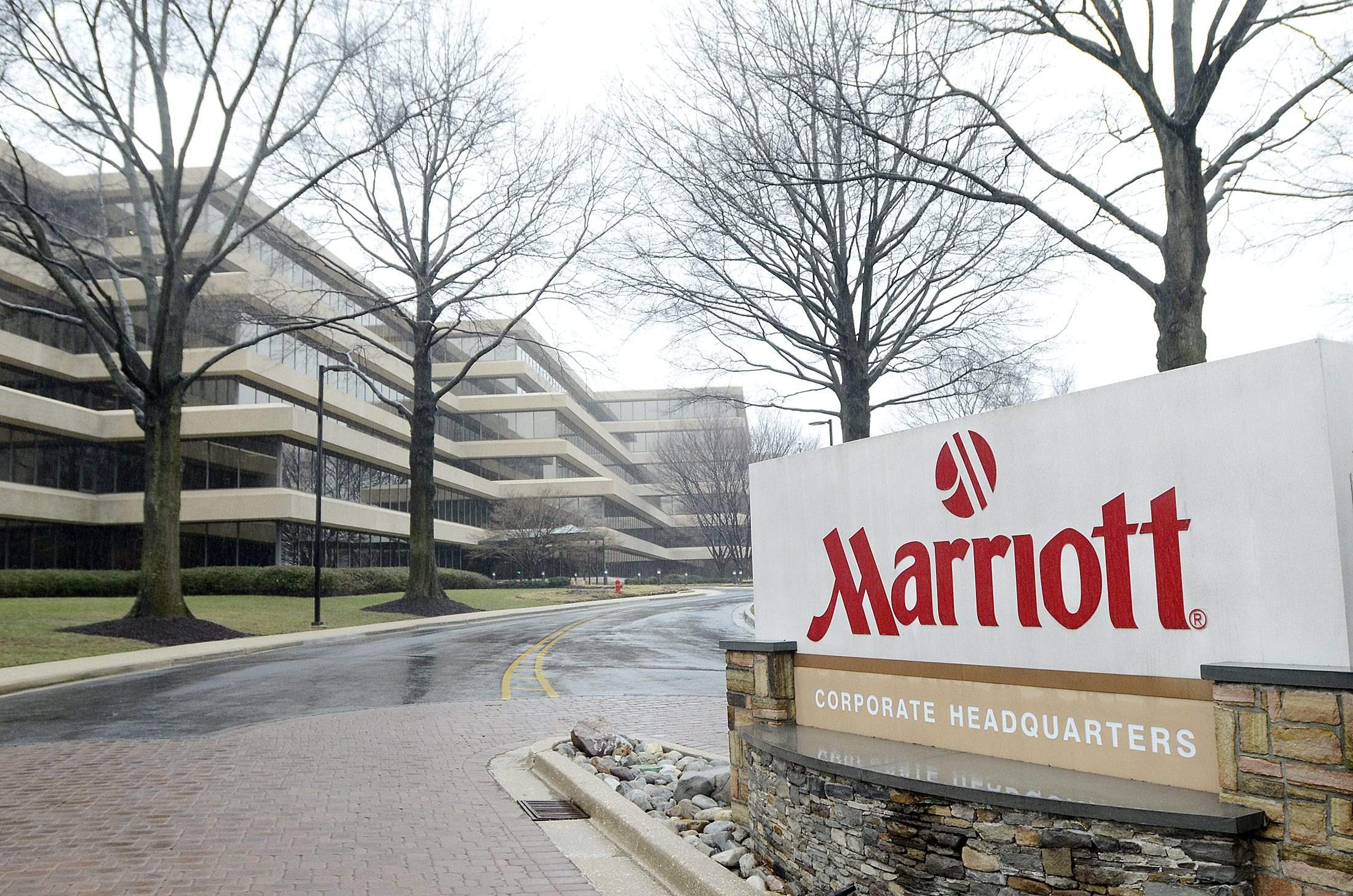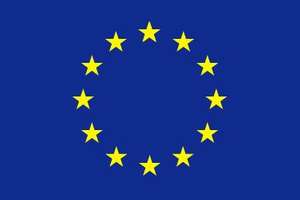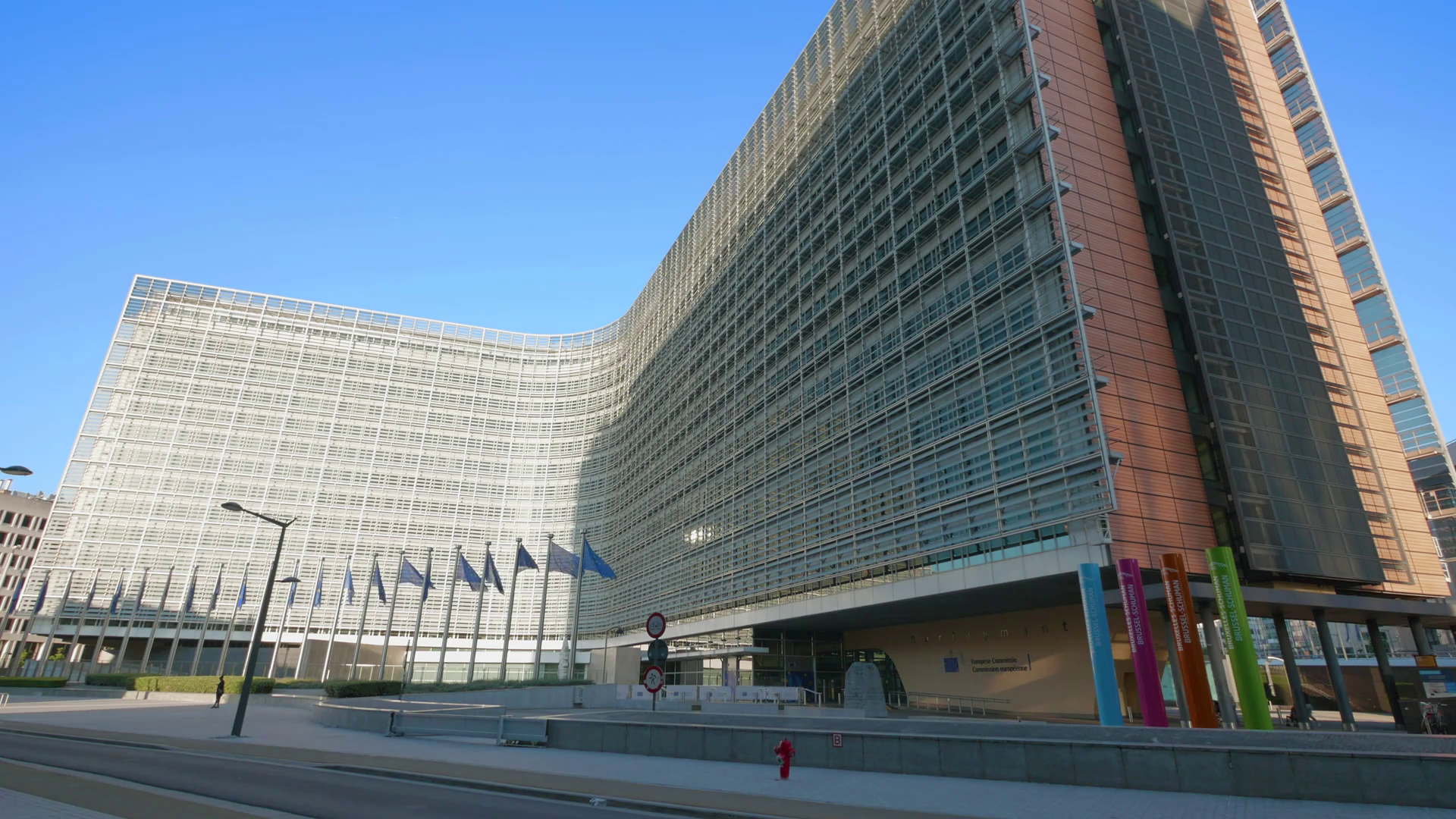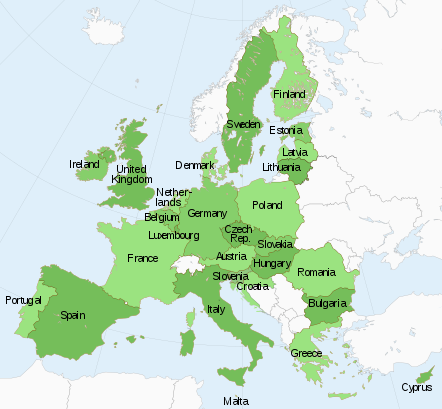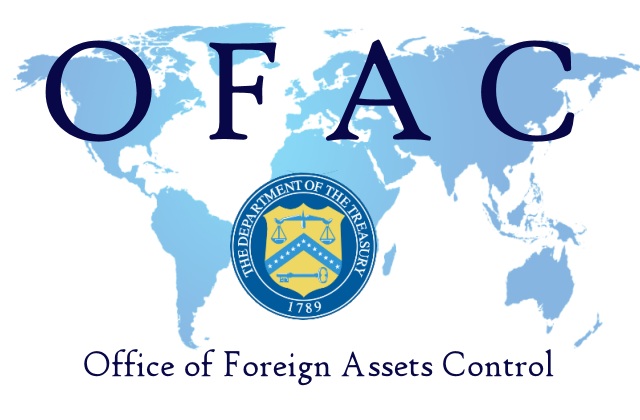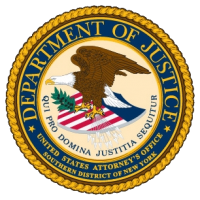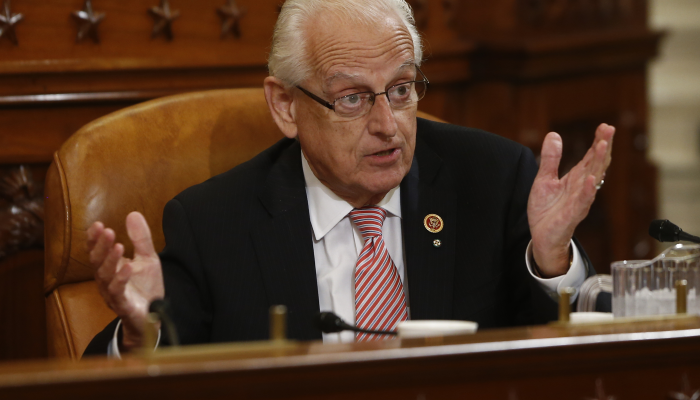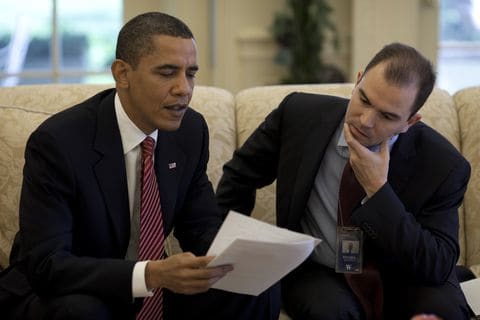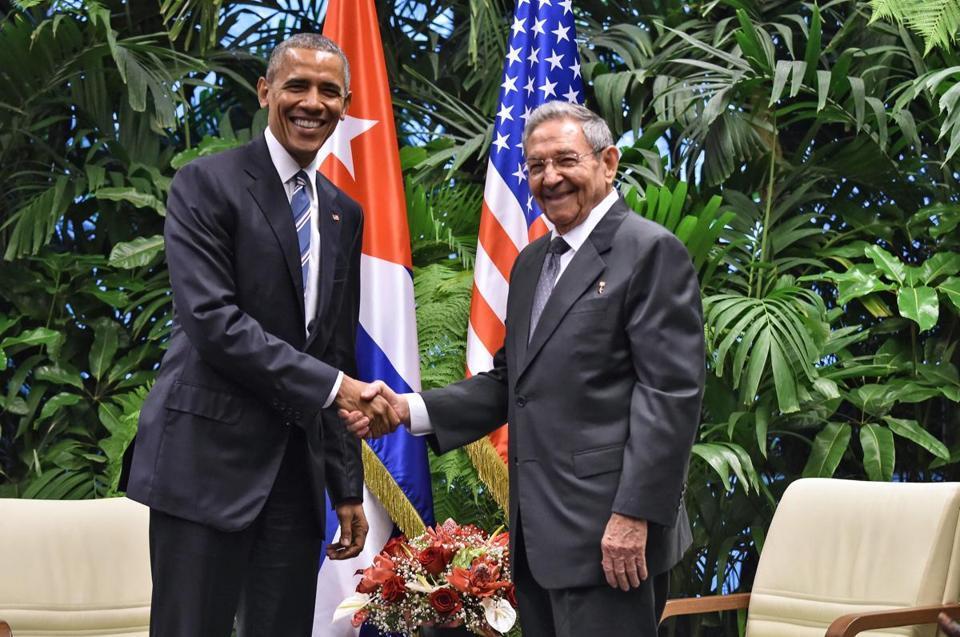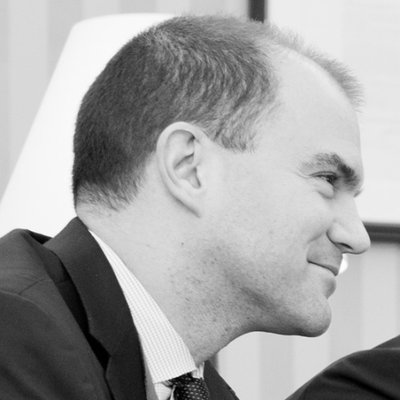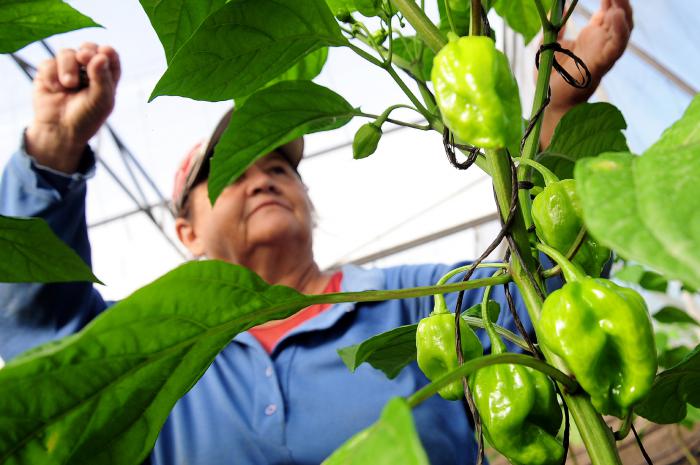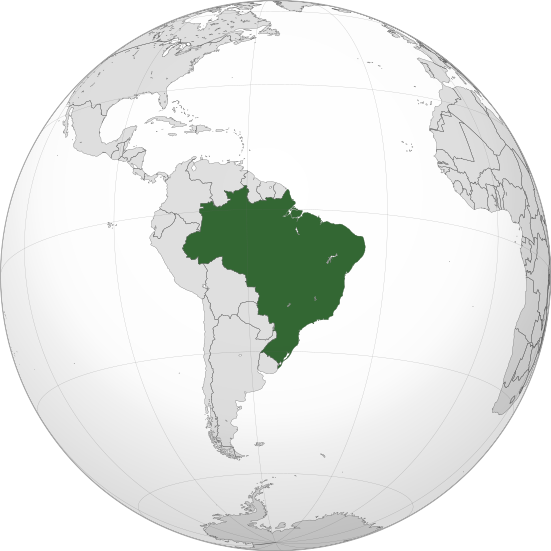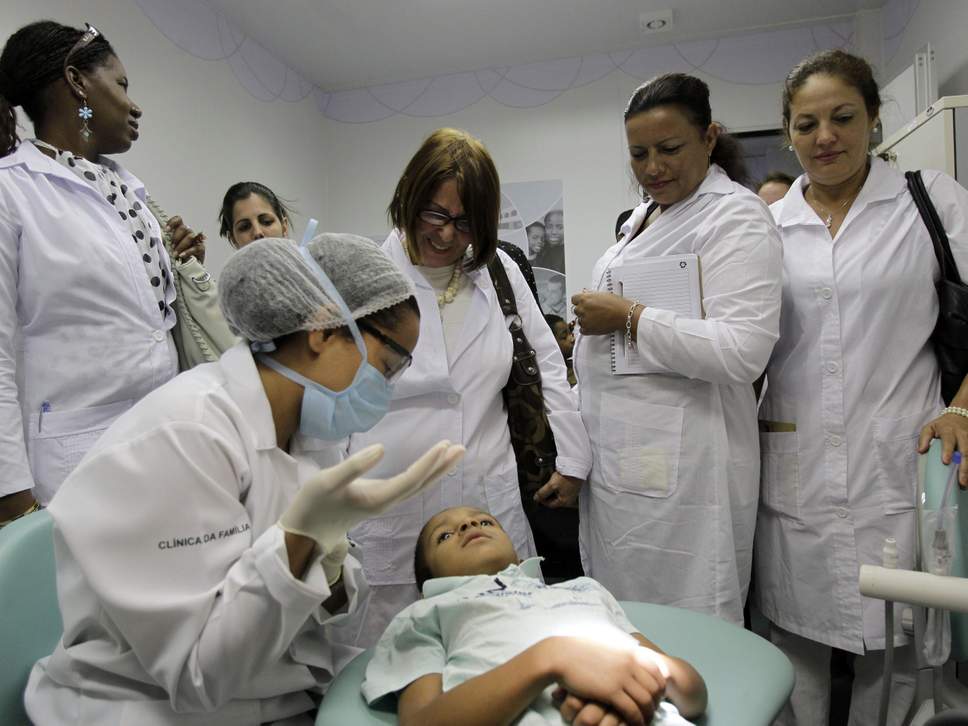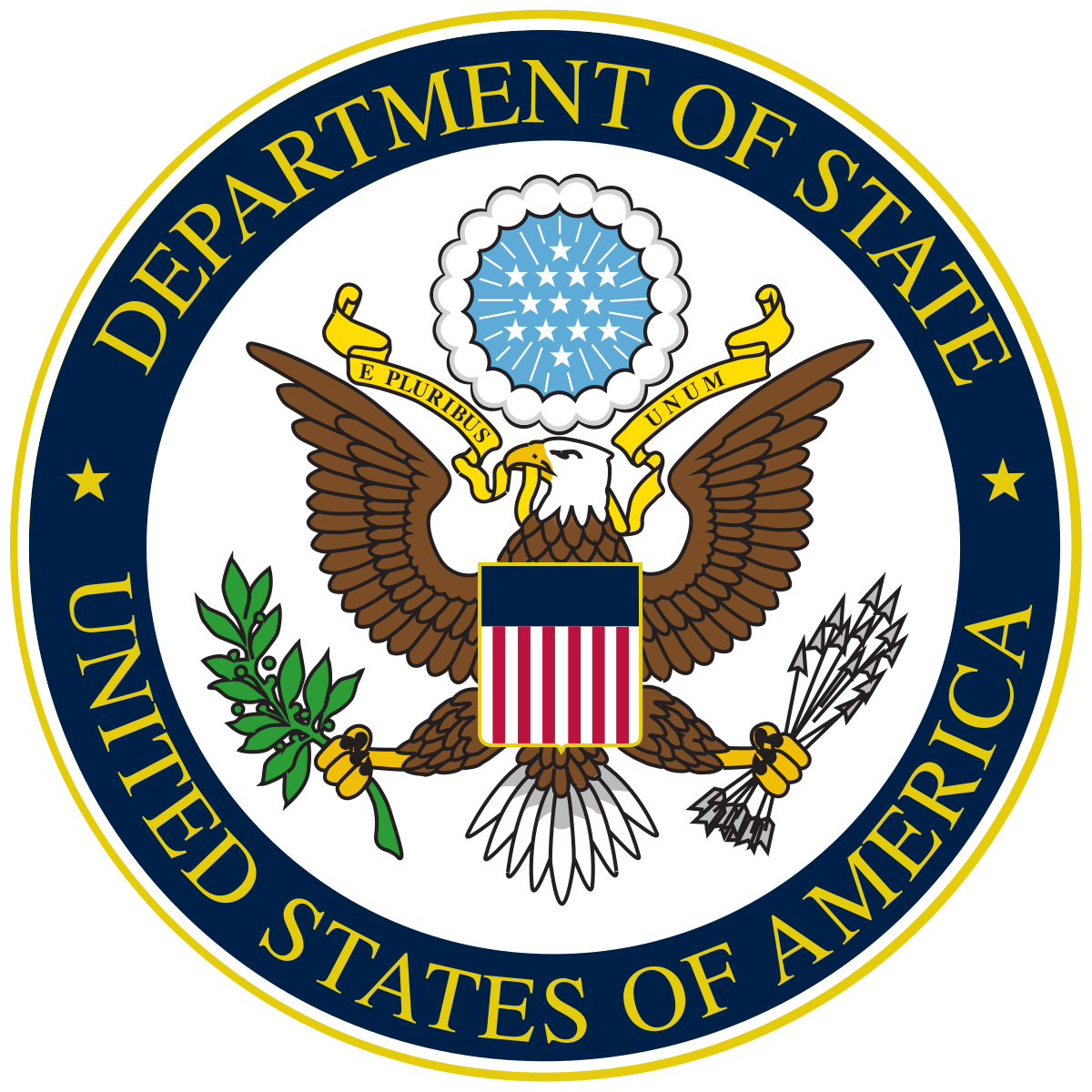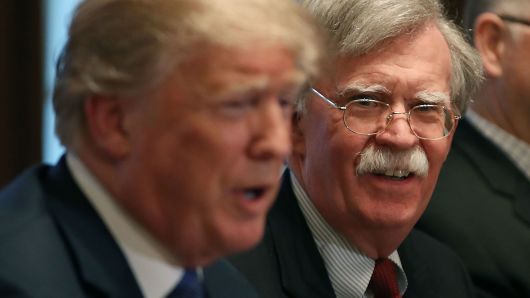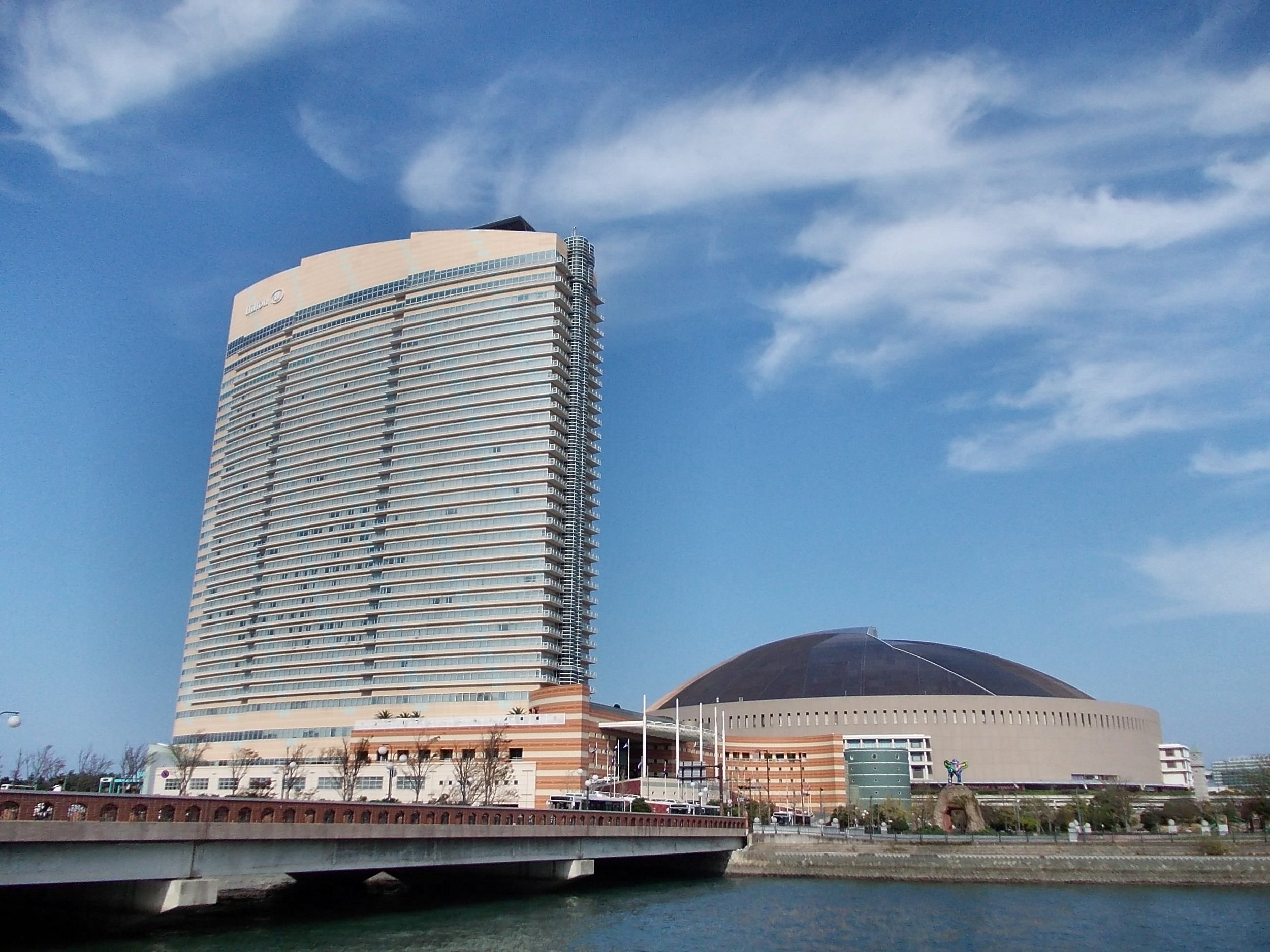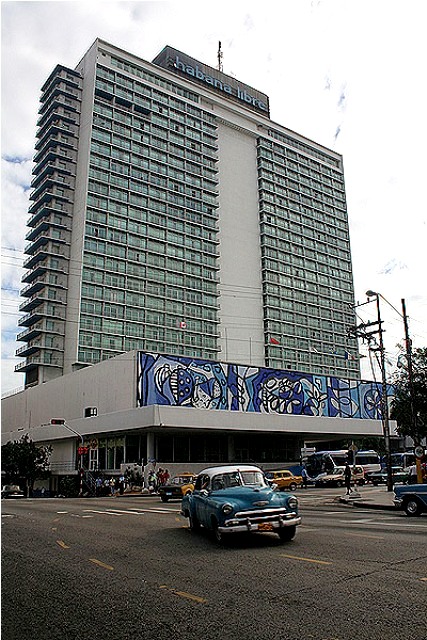Media Note
Office of the Spokesperson
Washington, DC
November 14, 2018
As part of the Trump Administration’s efforts to prevent U.S. funds from reaching the Cuban military, intelligence, and security services, the State Department is adding 26 subentities to the Cuba Restricted List, including 16 hotels owned by the Cuban military. The Department is also updating the names of five already listed subentities to ensure they remain current. The changes take effect Thursday, November 15, 2018. The Department will continue to update the list periodically, in accordance with the June 2017 National Security Presidential Memorandum Strengthening the Policy of the United States Toward Cuba. The Federal Register will publish the update, and the list will be available on the Department’s website here.
The Cuba Restricted List contains entities and subentities controlled by the Cuban military, intelligence, and security services or personnel. Direct financial transactions with these entities and subentities are generally prohibited because they would disproportionately benefit those services or personnel at the expense of the Cuban people or private enterprise in Cuba. For more information on the Cuba Restricted List, please refer to Treasury regulations at 31 Code of Federal Regulations (CFR) part 515, here, and to Commerce regulations at 15 CFR parts 730-774, here.
https://www.state.gov/e/eb/tfs/spi/cuba/cubarestrictedlist/287349.htm
Below is the U.S. Department of State’s list of entities and subentities under the control of, or acting for or on behalf of, the Cuban military, intelligence, or security services or personnel with which direct financial transactions would disproportionately benefit such services or personnel at the expense of the Cuban people or private enterprise in Cuba. For information regarding the prohibition on direct financial transactions with these entities, please see the Department of the Treasury’s Office of Foreign Assets Control website and the Department of Commerce’s Bureau of Industry and Security website. All entities and subentities were listed effective November 9, 2017, unless otherwise indicated.
*** Entities or subentities owned or controlled by another entity or subentity on this list are not treated as restricted unless also specified by name on the list. ***
Ministries
MINFAR — Ministerio de las Fuerzas Armadas Revolucionarias
MININT — Ministerio del Interior
Holding Companies
CIMEX — Corporación CIMEX S.A.
Compañía Turística Habaguanex S.A.
GAESA — Grupo de Administración Empresarial S.A.
Gaviota — Grupo de Turismo Gaviota
UIM — Unión de Industria Militar
Hotels in Havana and Old Havana
Aparthotel Montehabana (Habaguanex)
Gran Hotel Manzana Kempinski (Gaviota)
H10 Habana Panorama (Gaviota)
Hostal Valencia (Habaguanex)
Hotel Ambos Mundos (Habaguanex)
Hotel Armadores de Santander (Habaguanex)
Hotel Beltrán de Santa Cruz (Habaguanex)
Hotel Conde de Villanueva (Habaguanex)
Hotel del Tejadillo (Habaguanex)
Hotel el Bosque (Habaguanex)
Hotel el Comendador (Habaguanex)
Hotel el Mesón de la Flota (Habaguanex)
Hotel Florida (Habaguanex)
Hotel Habana 612 (Habaguanex)
Hotel Kohly (Habaguanex)
Hotel Los Frailes (Habaguanex)
Hotel Marqués de Prado Ameno (Habaguanex)
Hotel Palacio del Marqués de San Felipe y Santiago de Bejucal (Habaguanex)
Hotel Palacio O'Farrill (Habaguanex)
Hotel Park View (Habaguanex)
Hotel Raquel (Habaguanex)
Hotel San Miguel (Habaguanex)
Hotel Telégrafo (Habaguanex)
Hotel Terral (Habaguanex)
Iberostar Grand Packard Hotel (Gaviota) Effective November 15, 2018
Memories Miramar Havana (Gaviota)
Memories Miramar Montehabana (Gaviota)
SO/ Havana Paseo del Prado (Gaviota) Effective November 15, 2018
Hotels in Santiago de Cuba
Villa Gaviota Santiago (Gaviota)
Hotels in Varadero
Blau Marina Varadero Resort (Gaviota) (also Fiesta Americana Punta Varadero effective November 15, 2018)
Grand Memories Varadero (Gaviota)
Hotel Las Nubes (Gaviota) Effective November 15, 2018
Hotel Oasis (Gaviota) Effective November 15, 2018
Iberostar Bella Vista (Gaviota) Effective November 15, 2018
Iberostar Laguna Azul (Gaviota)
Iberostar Playa Alameda (Gaviota)
Meliá Marina Varadero (Gaviota)
Meliá Peninsula Varadero (Gaviota)
Memories Varadero (Gaviota)
Naviti Varadero (Gaviota)
Ocean Varadero El Patriarca (Gaviota)
Ocean Vista Azul (Gaviota)
Paradisus Princesa del Mar (Gaviota)
Paradisus Varadero (Gaviota)
Sol Sirenas Coral (Gaviota)
Hotels in Pinar del Rio
Hotel Villa Cabo de San Antonio (Gaviota)
Hotel Villa Maria La Gorda y Centro Internacional de Buceo (Gaviota)
Hotels in Baracoa
Hostal 1511 (Gaviota)
Hostal La Habanera (Gaviota)
Hostal La Rusa (Gaviota)
Hostal Rio Miel (Gaviota)
Hotel El Castillo (Gaviota)
Hotel Porto Santo (Gaviota)
Villa Maguana (Gaviota)
Hotels in Cayos de Villa Clara
Angsana Cayo Santa María (Gaviota) Effective November 15, 2018
Dhawa Cayo Santa María (Gaviota)
Golden Tulip Aguas Claras (Gaviota) Effective November 15, 2018
Hotel Cayo Santa María (Gaviota)
Hotel Playa Cayo Santa María (Gaviota)
Iberostar Ensenachos (Gaviota)
Las Salinas Plana & Spa (Gaviota) Effective November 15, 2018
La Salina Noreste (Gaviota) Effective November 15, 2018
La Salina Suroeste (Gaviota) Effective November 15, 2018
Meliá Buenavista (Gaviota)
Meliá Cayo Santa María (Gaviota)
Meliá Las Dunas (Gaviota)
Memories Azul (Gaviota)
Memories Flamenco (Gaviota)
Memories Paraíso (Gaviota)
Ocean Casa del Mar (Gaviota)
Paradisus Los Cayos (Gaviota) Effective November 15, 2018
Royalton Cayo Santa María (Gaviota)
Sercotel Experience Cayo Santa María (Gaviota) Effective November 15, 2018
Sol Cayo Santa María (Gaviota)
Starfish Cayo Santa María (Gaviota) Effective November 15, 2018
Valentín Perla Blanca (Gaviota) Effective November 15, 2018
Villa Las Brujas (Gaviota)
Warwick Cayo Santa María (Gaviota) (also Labranda Cayo Santa María Hotel effective November 15, 2018)
Hotels in Holguín
Blau Costa Verde Beach & Resort (Gaviota) (also Fiesta Americana Holguín Costa Verde effective November 15, 2018)
Hotel Playa Costa Verde (Gaviota)
Hotel Playa Pesquero (Gaviota)
Memories Holguín (Gaviota)
Paradisus Río de Oro Resort & Spa (Gaviota)
Playa Costa Verde (Gaviota)
Playa Pesquero Premium Service (Gaviota)
Sol Rio de Luna y Mares (Gaviota)
Villa Cayo Naranjo (Gaviota)
Villa Cayo Saetia (Gaviota)
Villa Pinares de Mayari (Gaviota)
Hotels in Jardines del Rey
Grand Muthu Cayo Guillermo (Gaviota) Effective November 15, 2018
Hotel Playa Coco Plus (Gaviota)
Iberostar Playa Pilar (Gaviota)
Meliá Jardines del Rey (Gaviota)
Memories Caribe (Gaviota)
Pestana Cayo Coco (Gaviota)
Hotels in Topes de Collantes
Hostal Los Helechos (Gaviota)
Kurhotel Escambray (Gaviota) Effective November 15, 2018
Los Helechos (Gaviota)
Villa Caburni (Gaviota)
Tourist Agencies
Crucero del Sol
Gaviota Tours
Marinas
Marina Gaviota Cabo de San Antonio (Pinar del Rio)
Marina Gaviota Cayo Coco (Jardines del Rey)
Marina Gaviota Las Brujas (Cayos de Villa Clara)
Marina Gaviota Puerto Vita (Holguín)
Marina Gaviota Varadero (Varadero)
Stores in Old Havana
Casa del Abanico (Habaguanex)
Colección Habana (Habaguanex)
Florería Jardín Wagner (Habaguanex)
Joyería Coral Negro (CIMEX) – Additional locations throughout Cuba
La Casa del Regalo (Habaguanex)
San Ignacio 415 (Habaguanex)
Soldadito de Plomo (Habaguanex)
Tienda El Navegante (Habaguanex)
Tienda Muñecos de Leyenda (Habaguanex)
Tienda Museo El Reloj Cuervo y Sobrinos (Habaguanex)
Entities Directly Serving the Defense and Security Sectors
ACERPROT — Agencia de Certificación y Consultoría de Seguridad y Protección (alias Empresa de Certificación de Sistemas de Seguridad y Protección effective November 15, 2018)
AGROMIN — Grupo Empresarial Agropecuario del Ministerio del Interior
APCI — Agencia de Protección Contra Incendios
CAHOMA — Empresa Militar Industrial Comandante Ernesto Che Guevara
CASEG — Empresa Militar Industrial Transporte Occidente
CID NAV — Centro de Investigación y Desarrollo Naval
CIDAI — Centro de Investigación y Desarrollo de Armamento de Infantería
CIDAO — Centro de Investigación y Desarrollo del Armamento de Artillería e Instrumentos Ópticos y Ópticos Electrónicos
CORCEL — Empresa Militar Industrial Emilio Barcenas Pier
CUBAGRO — Empresa Comercializadora y Exportadora de Productos Agropecuarios y Agroindustriales
DATYS — Empresa Para El Desarrollo De Aplicaciones, Tecnologías Y Sistemas
DCM TRANS — Centro de Investigación y Desarrollo del Transporte
DEGOR — Empresa Militar Industrial Desembarco Del Granma
DSE — Departamento de Seguridad del Estado
EMIAT — Empresa Importadora Exportadora de Abastecimientos Técnicos
Empresa Militar Industrial Astilleros Astimar
Empresa Militar Industrial Astilleros Centro
Empresa Militar Industrial Yuri Gagarin
ETASE — Empresa de Transporte y Aseguramiento
Ferretería TRASVAL
GELCOM — Centro de Investigación y Desarrollo Grito de Baire
Impresos de Seguridad
MECATRONICS — Centro de Investigación y Desarrollo de Electrónica y Mecánica
NAZCA — Empresa Militar Industrial Granma
OIBS — Organización Integración para el Bienestar Social
PLAMEC — Empresa Militar Industrial Ignacio Agramonte
PNR — Policía Nacional Revolucionaria
PROVARI — Empresa de Producciones Varias
SEPSA — Servicios Especializados de Protección
SERTOD — Servicios de Telecomunicaciones a los Órganos de la Defensa Effective November 15, 2018
SIMPRO — Centro de Investigación y Desarrollo de Simuladores
TECAL — Empresa de Tecnologías Alternativas
TECNOPRO — Empresa Militar Industrial "G.B. Francisco Cruz Bourzac"
TECNOTEX — Empresa Cubana Exportadora e Importadora de Servicios, Artículos y Productos Técnicos Especializados
TGF — Tropas de Guardafronteras
UAM — Unión Agropecuaria Militar
ULAEX — Unión Latinoamericana de Explosivos
XETID — Empresa de Tecnologías de la Información Para La Defensa
YABO — Empresa Militar Industrial Coronel Francisco Aguiar Rodríguez
Additional Subentities of CIMEX
ADESA/ASAT — Agencia Servicios Aduanales (Customs Services)
Cachito (Beverage Manufacturer)
Contex (Fashion)
Datacimex
ECUSE — Empresa Cubana de Servicios
Inmobiliaria CIMEX (Real Estate)
Inversiones CIMEX
Jupiña (Beverage Manufacturer)
La Maisón (Fashion)
Najita (Beverage Manufacturer)
Publicitaria Imagen (Advertising)
Residencial Tarara S.A. (Real Estate / Property Rental) Effective November 15, 2018
Ron Caney (Rum Production)
Ron Varadero (Rum Production)
Telecable (Satellite Television)
Tropicola (Beverage Manufacturer)
Zona Especializada de Logística y Comercio (ZELCOM)
Additional Subentities of GAESA
Almacenes Universales (AUSA)
ANTEX — Corporación Antillana Exportadora
Compañía Inmobiliaria Aurea S.A. (GAESA) Effective November 15, 2018
Dirección Integrada Proyecto Mariel (DIP)
Empresa Inmobiliaria Almest (Real Estate)
GRAFOS (Advertising)
RAFIN S.A. (Financial Services)
Sociedad Mercantin Inmobiliaria Caribe (Real Estate)
TECNOIMPORT
Terminal de Contenedores de la Habana (TCH)
Terminal de Contenedores de Mariel, S.A.
UCM — Unión de Construcciones Militares
Zona Especial de Desarrollo Mariel (ZEDM)
Zona Especial de Desarrollo y Actividades Logísticas (ZEDAL)
Additional Subentities of Gaviota
AT Comercial
Manzana de Gomez (Shopping Mall)
PhotoService
Plaza La Estrella Effective November 15, 2018
Plaza Las Dunas Effective November 15, 2018
Plaza Las Morlas Effective November 15, 2018
Plaza Las Salinas Effective November 15, 2018
Plaza Las Terrazas del Atardecer Effective November 15, 2018
Plaza Los Flamencos Effective November 15, 2018
Plaza Pesquero Effective November 15, 2018
Producciones TRIMAGEN S.A. (Tiendas Trimagen)
Additional Subentities of Habaguanex
Sociedad Mercantil Cubana Inmobiliaria Fenix S.A. (Real Estate)
List of Restricted Entities and Subentities Associated With Cuba as of November 9, 2017
Bureau of Economic and Business Affairs
November 8, 2017
Below is the U.S. Department of State’s list of entities and subentities under the control of, or acting for or on behalf of, the Cuban military, intelligence, or security services or personnel with which direct financial transactions would disproportionately benefit such services or personnel at the expense of the Cuban people or private enterprise in Cuba. For information regarding the prohibition on direct financial transactions with these entities, please see the Department of the Treasury’s Office of Foreign Assets Control website and the Department of Commerce’s Bureau of Industry and Security website.
*** Entities or subentities owned or controlled by another entity or subentity on this list are not treated as restricted unless also specified by name on the list. ***
Ministries
MINFAR — Ministerio de las Fuerzas Armadas Revolucionarias
MININT — Ministerio del Interior
Holding Companies
CIMEX — Corporación CIMEX S.A.
Companía Turística Habaguanex S.A.
GAESA — Grupo de Administración Empresarial S.A.
Gaviota — Grupo de Turismo Gaviota
UIM — Unión de Industria Militar
Hotels in Havana and Old Havana
Aparthotel Montehabana (Habaguanex)
Gran Hotel Manzana Kempinski (Gaviota)
H10 Habana Panorama (Gaviota)
Hostal Valencia (Habaguanex)
Hotel Ambos Mundos (Habaguanex)
Hotel Armadores de Santander (Habaguanex)
Hotel Beltrán de Santa Cruz (Habaguanex)
Hotel Conde de Villanueva (Habaguanex)
Hotel del Tejadillo (Habaguanex)
Hotel el Bosque (Habaguanex)
Hotel el Comendador (Habaguanex)
Hotel el Mesón de la Flota (Habaguanex)
Hotel Florida (Habaguanex)
Hotel Habana 612 (Habaguanex)
Hotel Kohly (Habaguanex)
Hotel Los Frailes (Habaguanex)
Hotel Marqués de Prado Ameno (Habaguanex)
Hotel Palacio del Marqués de San Felipe y
Hotel Palacio O'Farrill (Habaguanex)
Hotel Park View (Habaguanex)
Hotel Raquel (Habaguanex)
Hotel San Miguel (Habaguanex)
Hotel Telégrafo (Habaguanex)
Hotel Terral (Habaguanex)
Memories Miramar Havana (Gaviota)
Memories Miramar Montehabana (Gaviota)
Santiago de Bejucal (Habaguanex)
Hotels in Santiago de Cuba
Villa Gaviota Santiago (Gaviota)
Hotels in Varadero
Blau Marina Varadero Resort (Gaviota)
Grand Memories Varadero (Gaviota)
Iberostar Laguna Azul (Gaviota)
Iberostar Playa Alameda (Gaviota)
Meliá Marina Varadero (Gaviota)
Meliá Peninsula Varadero (Gaviota)
Memories Varadero (Gaviota)
Naviti Varadero (Gaviota)
Ocean Varadero El Patriarca (Gaviota)
Ocean Vista Azul (Gaviota)
Paradisus Princesa del Mar (Gaviota)
Paradisus Varadero (Gaviota)
Sol Sirenas Coral (Gaviota)
Hotels in Pinar del Rio
Hotel Villa Cabo de San Antonio (Gaviota)
Hotel Villa Maria La Gorda y Centro Internacional de Buceo (Gaviota)
Hotels in Baracoa
Hostal 1511 (Gaviota)
Hostal La Habanera (Gaviota)
Hostal La Rusa (Gaviota)
Hostal Rio Miel (Gaviota)
Hotel El Castillo (Gaviota)
Hotel Porto Santo (Gaviota)
Villa Maguana (Gaviota)
Hotels in Cayos de Villa Clara
Dhawa Cayo Santa María (Gaviota)
Hotel Cayo Santa María (Gaviota)
Hotel Playa Cayo Santa María (Gaviota)
Iberostar Ensenachos (Gaviota)
Meliá Buenavista (Gaviota)
Meliá Cayo Santa María (Gaviota)
Meliá Las Dunas (Gaviota)
Memories Azul (Gaviota)
Memories Flamenco (Gaviota)
Memories Paraíso (Gaviota)
Ocean Casa del Mar (Gaviota)
Royalton Cayo Santa María (Gaviota)
Sol Cayo Santa María (Gaviota)
Villa Las Brujas (Gaviota)
Warwick Cayo Santa María (Gaviota)
Hotels in Holguín
Blau Costa Verde Beach & Resort (Gaviota)
Hotel Playa Costa Verde (Gaviota)
Hotel Playa Pesquero (Gaviota)
Memories Holguín (Gaviota)
Paradisus Río de Oro Resort & Spa (Gaviota)
Playa Costa Verde (Gaviota)
Playa Pesquero Premium Service (Gaviota)
Sol Rio de Luna y Mares (Gaviota)
Villa Cayo Naranjo (Gaviota)
Villa Cayo Saetia (Gaviota)
Villa Pinares de Mayari (Gaviota)
Hotels in Jardines del Rey
Hotel Playa Coco Plus (Gaviota)
Iberostar Playa Pilar (Gaviota)
Meliá Jardines del Rey (Gaviota)
Memories Caribe (Gaviota)
Pestana Cayo Coco (Gaviota)
Hotels in Topes de Collantes
Hostal Los Helechos (Gaviota)
Los Helechos (Gaviota)
Villa Caburni (Gaviota)
Tourist Agencies
Crucero del Sol
Gaviota Tours
Marinas
Marina Gaviota Cabo de San Antonio (Pinar del Rio)
Marina Gaviota Cayo Coco (Jardines del Rey)
Marina Gaviota Las Brujas (Cayos de Villa Clara)
Marina Gaviota Puerto Vita (Holguín)
Marina Gaviota Varadero (Varadero)
Stores in Old Havana
Casa del Abanico (Habaguanex)
Colección Habana (Habaguanex)
Florería Jardín Wagner (Habaguanex)
Joyería Coral Negro (CIMEX) – Additional locations throughout Cuba
La Casa del Regalo (Habaguanex)
San Ignacio 415 (Habaguanex)
Soldadito de Plomo (Habaguanex)
Tienda El Navegante (Habaguanex)
Tienda Munecos de Leyenda (Habaguanex)
Tienda Museo El Reloj Cuervo y Sobrinos (Habaguanex)
Entities Directly Serving the Defense and Security Sectors
ACERPROT — Agencia de Certificación y Consultoría de Seguridad y Protección
AGROMIN — Grupo Empresarial Agropecuario del Ministerio del Interior
APCI — Agencia de Protección Contra Incendios
CAHOMA — Empresa Militar Industrial Comandante Ernesto Che Guevara
CASEG — Empresa Militar Industrial Transporte Occidente
CID NAV — Centro de Investigación y Desarrollo Naval
CIDAI — Centro de Investigación y Desarrollo de Armamento de Infantería
CIDAO — Centro de Investigación y Desarrollo del Armamento de Artillería e Instrumentos Ópticos y Ópticos Electrónicos
CORCEL — Empresa Militar Industrial Emilio Barcenas Pier
CUBAGRO — Empresa Comercializadora y Exportadora de Productos Agropecuarios y Agroindustriales
DATYS — Empresa Para El Desarrollo De Aplicaciones, Tecnologías Y Sistemas
DCM TRANS — Centro de Investigación y Desarrollo del Transporte
DEGOR — Empresa Militar Industrial Desembarco Del Granma
DSE — Departamento de Seguridad del Estado
EMIAT — Empresa Importadora Exportadora de Abastecimientos Técnicos
Empresa Militar Industrial Astilleros Astimar
Empresa Militar Industrial Astilleros Centro
Empresa Militar Industrial Yuri Gagarin
ETASE — Empresa de Transporte y Aseguramiento
Ferretería TRASVAL
GELCOM — Centro de Investigación y Desarrollo Grito de Baire
Impresos de Seguridad
MECATRONICS — Centro de Investigación y Desarrollo de Electrónica y Mecánica
NAZCA — Empresa Militar Industrial Granma
OIBS — Organización Integración para el Bienestar Social
PLAMEC — Empresa Militar Industrial Ignacio Agramonte
PNR — Policía Nacional Revolucionaria
PROVARI — Empresa de Producciones Varias
SEPSA — Servicios Especializados de Protección
SIMPRO — Centro de Investigación y Desarrollo de Simuladores
TECAL — Empresa de Tecnologías Alternativas
TECNOPRO — Empresa Militar Industrial "G.B. Francisco Cruz Bourzac"
TECNOTEX — Empresa Cubana Exportadora e Importadora de Servicios, Artículos y Productos Técnicos Especializados
TGF — Tropas de Guardafronteras
UAM — Unión Agropecuaria Militar
ULAEX — Unión Latinoamericana de Explosivos
XETID — Empresa de Tecnologías de la Información Para La Defensa
YABO — Empresa Militar Industrial Coronel Francisco Aguiar Rodríguez
Additional Subentities of CIMEX
ADESA/ASAT — Agencia Servicios Aduanales (Customs Services)
Cachito (Beverage Manufacturer)
Contex (Fashion)
Datacimex
ECUSE — Empresa Cubana de Servicios
Inmobiliaria CIMEX (Real Estate)
Inversiones CIMEX
Jupina (Beverage Manufacturer)
La Maisón (Fashion)
Najita (Beverage Manufacturer)
Publicitaria Imagen (Advertising)
Ron Caney (Rum Production)
Ron Varadero (Rum Production)
Telecable (Satellite Television)
Tropicola (Beverage Manufacturer)
Zona Especializada de Logística y Comercio (ZELCOM)
Additional Subentities of GAESA
Almacenes Universales (AUSA)
ANTEX — Corporación Antillana Exportadora
Dirección Integrada Proyecto Mariel (DIP)
Empresa Inmobiliaria Almest (Real Estate)
GRAFOS (Advertising)
RAFIN S.A. (Financial Services)
Sociedad Mercantin Inmobiliaria Caribe (Real Estate)
TECNOIMPORT
Terminal de Contenedores de la Habana (TCH)
Terminal de Contenedores de Mariel, S.A.
UCM — Unión de Construcciones Militares
Zona Especial de Desarrollo Mariel (ZEDM)
Zona Especial de Desarrollo y Actividades Logísticas (ZEDAL)
Additional Subentities of Gaviota
AT Comercial
Manzana de Gomez (Shopping Mall)
PhotoService
Producciones TRIMAGEN S.A. (Tiendas Trimagen)
Additional Subentities of Habaguanex
Sociedad Mercantil Cubana Inmobiliaria Fenix S.A. (Real Estate)
LINK TO PRINTED TEXT




